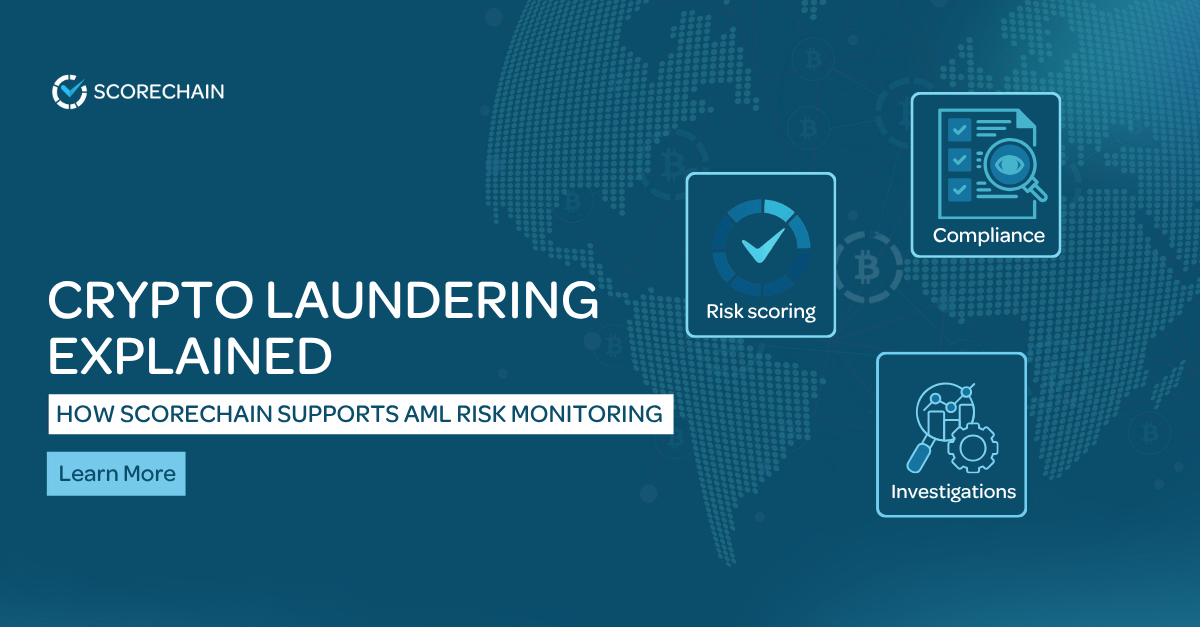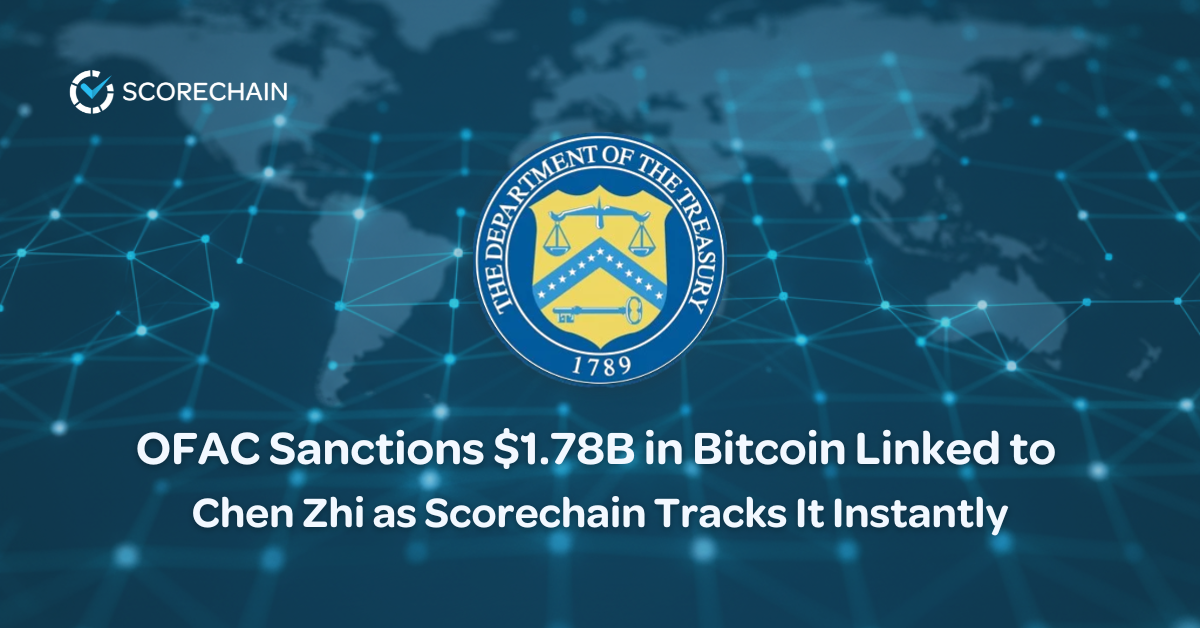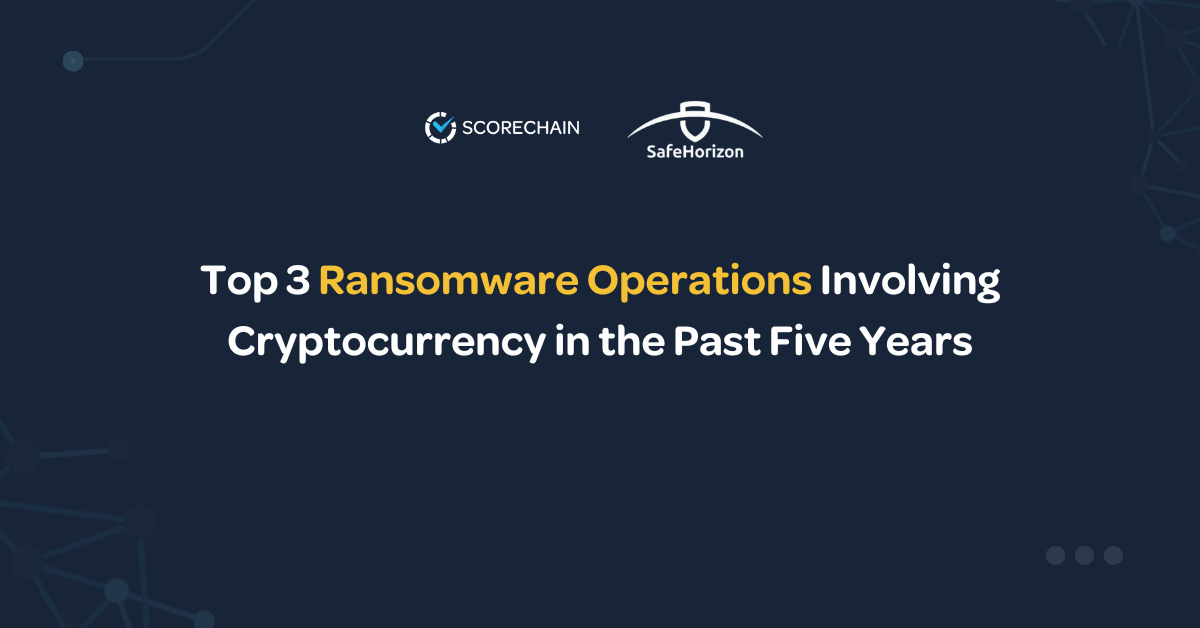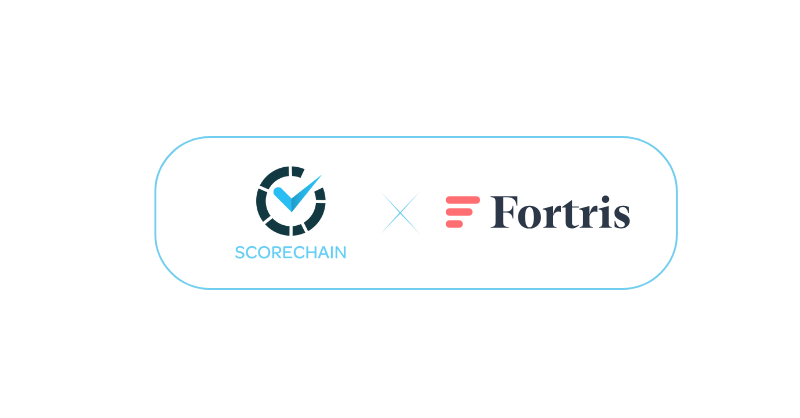2022 has been a tough year for crypto assets, with the crypto winter and scandals that shook the industry. However, it also showed that the crypto industry needs better governance to regulate crypto activities and service providers while protecting consumer interests. While there was already a global trend in regulating the sector, it amplified in 2022, with policymakers worldwide recognizing the need for crypto regulations. As 2023 is likely set to hold significant updates in terms of regulation, here are 5 things to keep in mind for Crypto AML compliance in 2023.
1. More crypto regulations
In 2023, regulators expect to continue implementing more stringent regulations on crypto assets to combat money laundering and other illicit activities. The lack of consistent regulatory norms among jurisdictions has made crypto assets attractive to money launderers and criminals. As a result, 2022 was a lucrative year for crypto hackers and criminals. This highlights the clear need for stricter laws in the industry to prevent illicit activities.
While some authorities have considered banning crypto activities, most have adopted a risk-based approach to regulating the industry while supporting innovation. Looking ahead to Crypto AML compliance in 2023, significant developments are on the horizon for crypto regulation. The EU, for example, will be voting on the MiCA regulation in April 2023, which could have significant implications for the industry.
Read more: MiCA set to be voted law in 2023
2. Growing scrutiny over stablecoins
The crash of Terra Luna stablecoin in 2022 sent shockwaves through the crypto industry, causing widespread losses for investors. As a result, regulators are now taking a closer look at stablecoins and considering new compliance requirements for issuers. Additionally, VASPs may face stricter monitoring measures for transactions involving stablecoins. Correspondingly, with the potential for more regulatory changes on the horizon, it's essential for crypto investors and industry professionals to stay informed and prepared. Keep up with the latest news and developments to navigate the evolving world of stablecoin regulation.
Read more: 5 things to know about stablecoins
In 2022, several governments, like Hong Kong and Singapore, consulted with stakeholders regarding the best ways to efficiently regulate these assets. Following the consultations, there will likely be more regulatory updates concerning stablecoins in 2023, starting with Hong Kong, which announced plans to regulate certain stablecoin activities by 2023/2024.
Navigating and keeping up with the latest crypto regulatory updates can be difficult. Scorechain can help you prepare for fast-changing crypto AML requirements, making your crypto compliance journey easier.
3. It’s going to be the year of sanctions
As economic and blockchain sanctions continue to be imposed globally, regulators are paying close attention to crypto assets that could circumvent these sanctions. This has become particularly relevant in Russia's conflict in Ukraine. Companies working with crypto assets must implement real-time sanctions screening as a compliance measure to avoid exposure to sanctioned countries, individuals, entities, or wallets.
In 2022, the global sanctions list updates, including OFAC's SDN list, caused compliance teams to face challenges in conducting higher volumes of sanction checks. Utilizing a crypto AML & compliance software with reliable data about sanctioned entities and wallets can help compliance teams manage their risk exposure and address compliance gaps.
Read more: Crypto sanctions - how to comply in 2023?
4. Risks via Super-Apps
Last year, there was a record high in social media cyber threats and crypto-based crime. Several incidents highlighted the growing use of social media platforms to promote and conduct crypto and NFT scams. Such fraudulent activities are not limited to popular platforms such as Instagram, Twitter, and Facebook but are also prevalent on chat platforms like Discord and Telegram.
Download: Anatomy of a crypto hack - NFT Edition
In brief, the growing number and typologies of crypto scams, and the pseudonymous nature of crypto assets, lead VASPs and security agencies to face significant challenges in detecting, reporting, and investigating such criminal activities on blockchains.
5. A noticeable shift in laundering methods
Crypto assets and blockchain have been around for over a decade. However, as the market matures, criminals have developed many methods to launder illicit crypto assets into clean funds, such as using mixing services, peel chains, or exchanges.
However, criminals are starting to use more sophisticated methods and technologies, like DEX trades, cross-chain bridges, or NFTs, to launder crypto funds and enhance their anonymity on the blockchain. To detect these new patterns and combat crypto crime and money laundering facilitation, advanced blockchain analytics solutions are essential for VASPs.
Crypto AML compliance in 2023: what you need to consider
There are several things that organizations involved in the cryptocurrency industry should consider as they prepare for future AML regulations in 2023.
- Stay informed about developments in the regulatory landscape: The crypto industry is rapidly evolving. It is essential to stay up-to-date with the latest regulatory developments to ensure compliance with relevant requirements.
→ Check our regulatory guidelines
- Implement robust AML and compliance programs: Organizations should have robust crypto AML and compliance programs to detect and prevent money laundering and other illicit activity. This includes transaction monitoring and reporting suspicious activity, which can be facilitated by implementing automated AML screening solutions and data analytics.
→ Discover Scorechain Analytics
- Train employees: Ensuring employees know the crypto AML compliance requirements that apply to organizations is one of the main pillars of compliance policies. Having access to training, resources, and tools to help compliance teams to fulfil their responsibilities.
- Conduct regular AML risk assessments: Regularly assessing organization's risks and implementing controls to mitigate them is essential to identify and address potential compliance issues before they become a problem.
About Scorechain
Scorechain, a leader in crypto compliance, provides blockchain analytics and a transaction monitoring platform for crypto assets. This Luxembourgish company has helped over 200 customers in 45 countries since 2015. Our company has been working with several cryptocurrency businesses to financial institutions with crypto trading, custody branch, digital assets, customers onboarding, audit and law firms, and some LEAs.
Scorechain offers a verified risk assessment methodology that can be customized to meet the specific needs of various jurisdictions. With over 300 risk-AML scenarios available, businesses can access various risk indicators to identify potential threats and report suspicious activities with enhanced due diligence. By utilizing Scorechain's risk assessment methodology and tools, businesses can stay ahead of the curve and meet all necessary regulatory requirements.
.png)



















